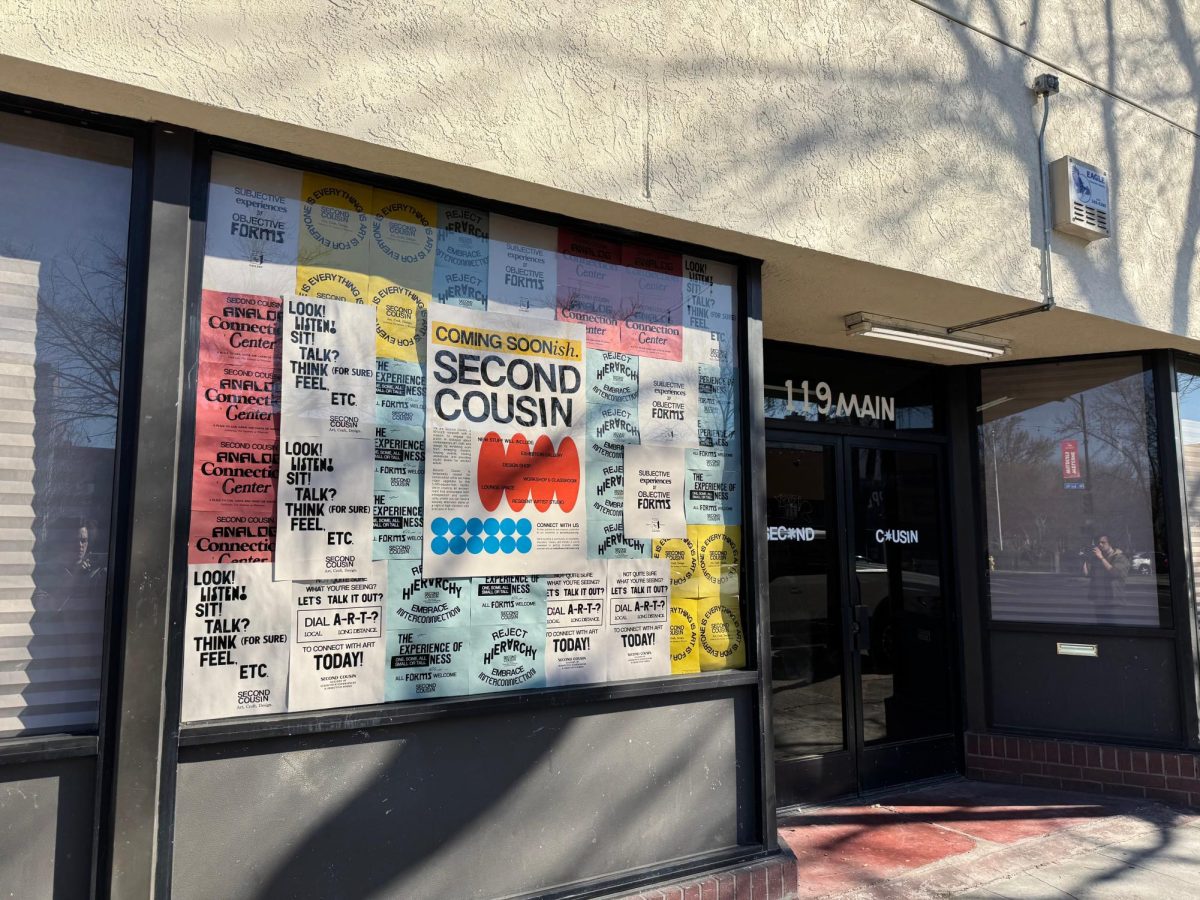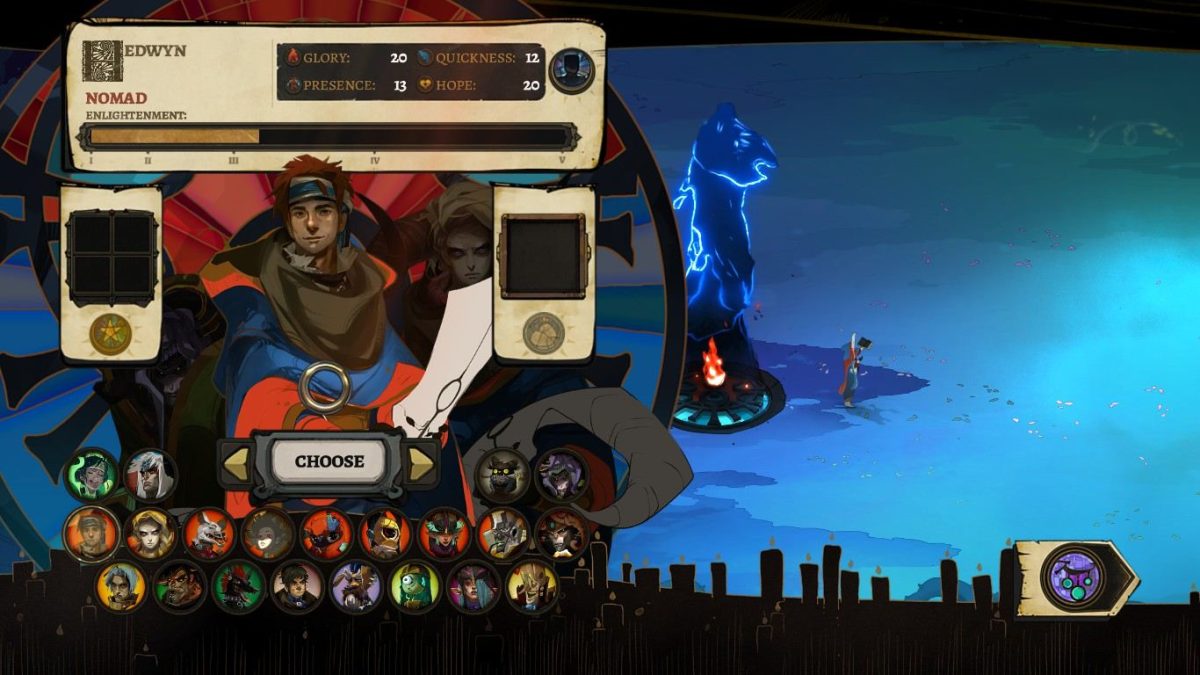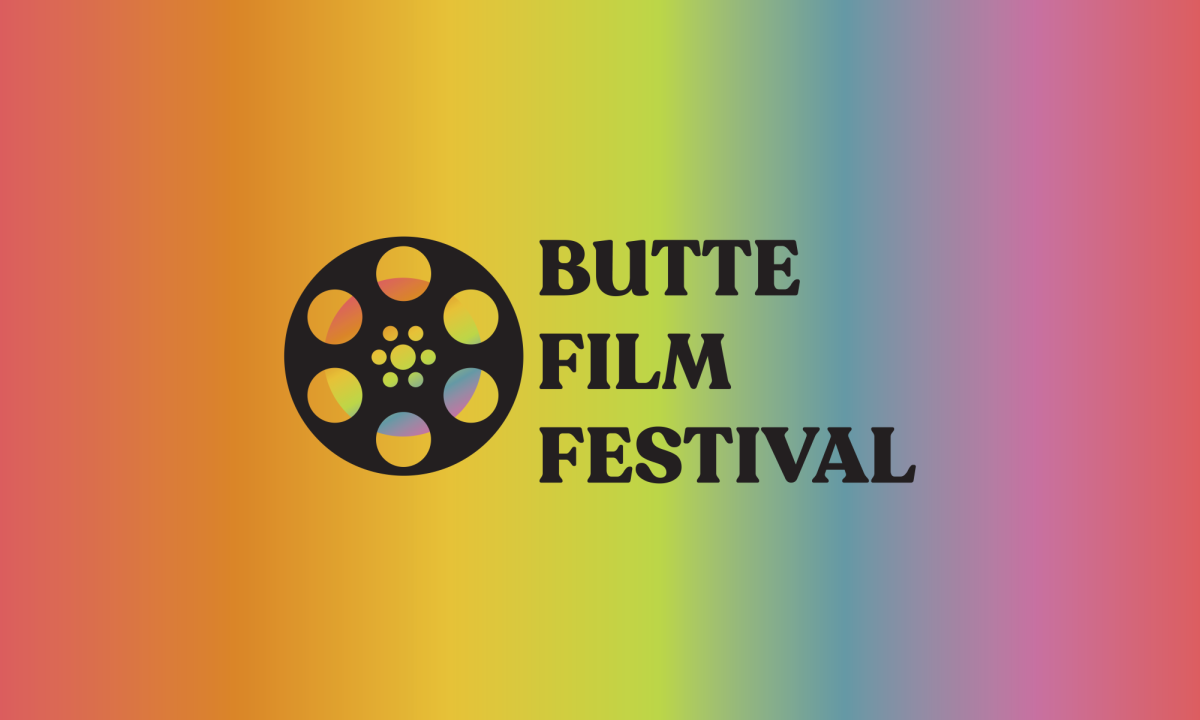The DailyWire’s new film “Am I Racist,” starring conservative political commentator Matt Walsh, hilariously exposes the absurdity of American racial discourse with Borat-like tactics that haven’t been seen in years.
The film captures what I’ve felt about the state of modern racial conversations for a long time.
Walsh goes undercover — complete with a wig and a man bun — and spends tens of thousands of dollars hiring diversity, equity, and inclusion experts, DEI, to teach him how to “do the work” to become anti-racist.
He even gets his DEI certification card from an online course.
Later, he teaches anti-racism classes himself — some even on live TV — and hosts a “do-the-work” workshop where he teaches white people how to be less racist. Watching these experts be challenged in their arena is satisfying.
For instance, Walsh places Robin DiAngelo, author of “White Fragility: Why It’s So Hard for White People to Talk About Racism,” in an uncomfortable position where he asks for reparations for his black producer, Ben, who says he “doesn’t turn down cash,” and DiAngelo gives it to him after being uncomfortable and hesitant to do so.
The film defines Antiracism as a key tenant of DEI with a quote from Ibram X. Kendi in his foundational book How to be an Antiracist. “The only remedy to racist discrimination is antiracist discrimination. The only remedy to past discrimination is present discrimination. The only remedy to present discrimination is future discrimination.” As Walsh points out in the film, the DEI bureaucracy and anti-racism ideology are “selling us the disease but telling us there’s no cure.” This tit-for-tat ideology proposed by Kendy breeds further racial resentment and prevents further racial unity.
Another standout moment comes when Walsh attends a DEI course on “white grief” led by Breeshia Wade. Wade often mentioned how she felt unsafe in predominantly white spaces yet her livelihood depends on making white people uncomfortable when discussing race. During her workshop, guests were allowed to retreat to what Walsh called a “cry room” when the discussions got too heated.
While the film is a modern classic, I have a few critiques.
Walsh sometimes leans into tiresome clichés, such as quoting Dr. Martin Luther King Jr.’s “I Have a Dream” speech about judging people by the content of their character, not the color of their skin.
I agree with this sentiment, but MLK was a very complex figure, and oversimplifying him with those words is lazy.
He sometimes asks less challenging questions when it suits his purpose, such as when he went to a biker bar in the South but did not ask questions about the Confederate flags.
It’s hard to discern how much of the movie is real or staged. However, that ambiguity adds to the film’s entertainment, much like “Borat,” leaving us wondering what’s authentic and what’s satire.
This film likely won’t change the minds of die-hard DEI believers. However, it will be a breath of fresh air for those frustrated by mandatory ethnic studies courses or skeptical of DEI initiatives’ effectiveness.
For those interested, “Am I Racist?” shows at the Cinemark Theater in Chico.
Ari Sorokin can be reached at [email protected].











